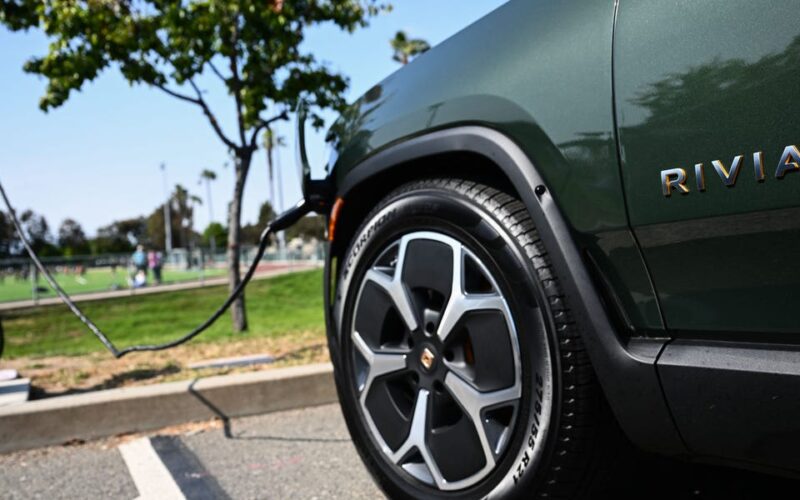- Used electric vehicles became more affordable after a new tax credit kicked in in January 2023.
- Driving range and driving habits can affect the type of used EV you should shop for.
- This article is part of “Getting Ready for Electric,” a series of guides and practical advice for buying your next EV.
Electric-vehicle prices are falling across the board. And as more models flood the market, you can get a particularly good deal on a used EV.
But shelling out thousands of dollars on an unfamiliar piece of technology (especially one that’s been around the block a few times) is daunting for some shoppers.
Aside from wondering which car to buy, used-EV shoppers might be wondering whether the battery could die. Shoppers on a budget might also be looking for more ways to save money, as EV tax credits broadened to include used electric cars in January 2023.
The research can be a lot to take on at once. We talked to car-buying experts to demystify the process.
Consider where and how much you drive
Scott Case, the cofounder and CEO of Recurrent, a startup that tracks EV battery health, recommended starting by considering how far you typically drive and the climate you live in — those factors will affect how much range you’ll want, as EVs perform best in temperate weather and can’t drive quite as far in cold temperatures.
“Let’s say you live in Florida and you drive 30 to 50 miles every day — you can pretty much buy anything,” Case said. On the other hand, people who travel 150 miles daily and live in the occasionally frigid Midwest would need to shop around for a long-range vehicle.
Graham Rapier/Business Insider
Most older electric cars don’t have the range of the latest offerings — you might find models with estimates from the Environmental Protection Agency of only 80 to 120 miles.
Battery range will degrade over time
Anyone who’s owned a smartphone knows that lithium-ion batteries wear out over time. Pretty much the same goes for EVs.
As the years go by, cycles of charging and driving wear out an EV’s battery pack, reducing driving range. The vehicle-data firm Geotab has estimated that EV batteries tend to lose about 2% of their capacity each year.
The good news is that an EV’s battery is unlikely to fail completely or render the car useless.
But understanding how much life a vehicle has left isn’t all that simple. Case said that exposure to extreme temperatures, frequent trips to powerful DC fast chargers, and variations in battery chemistry mean some used cars perform better than others with identical mileage.
Nora Naughton, Business Insider
Jim Fish, a vice president of Opus IVS, a tech-focused collision-repair company, said the best question to ask about a battery’s care is how often it was left below 20% and above 80% of its charge.
Leaving a battery too close to empty or on a full charge for too long affects its ability to hold a charge, Fish said.
“Of course, you might struggle to find out the truth to that question,” Fish said.
Recurrent provides reports on EV battery health aimed at helping shoppers choose between cars.
You can get up to $4,000 off thanks to federal tax credits
At the start of last year, a used-EV tax credit went into effect as part of a larger incentive program in the Inflation Reduction Act. Automotive retail analysts described it as a welcome change for EV shoppers on a budget.
To qualify for the credit, the vehicle must be purchased at a dealership so that the dealer can report the required information to the IRS.
The buyer must be purchasing the vehicle for personal use and not for resale, must not be the original owner of the vehicle, must not be able to be claimed as a dependent, and must not have used any other clean-vehicle credit in the previous three years. Income caps for buyers range from $75,000 to $150,000, depending on their tax-filing status.
The vehicle must have a sale price of $25,000 or less and must be at least two model years old.
Many states also have tax incentives for purchasing EVs. More detailed information and required forms can be found on the IRS’s website.
Source link
lol

